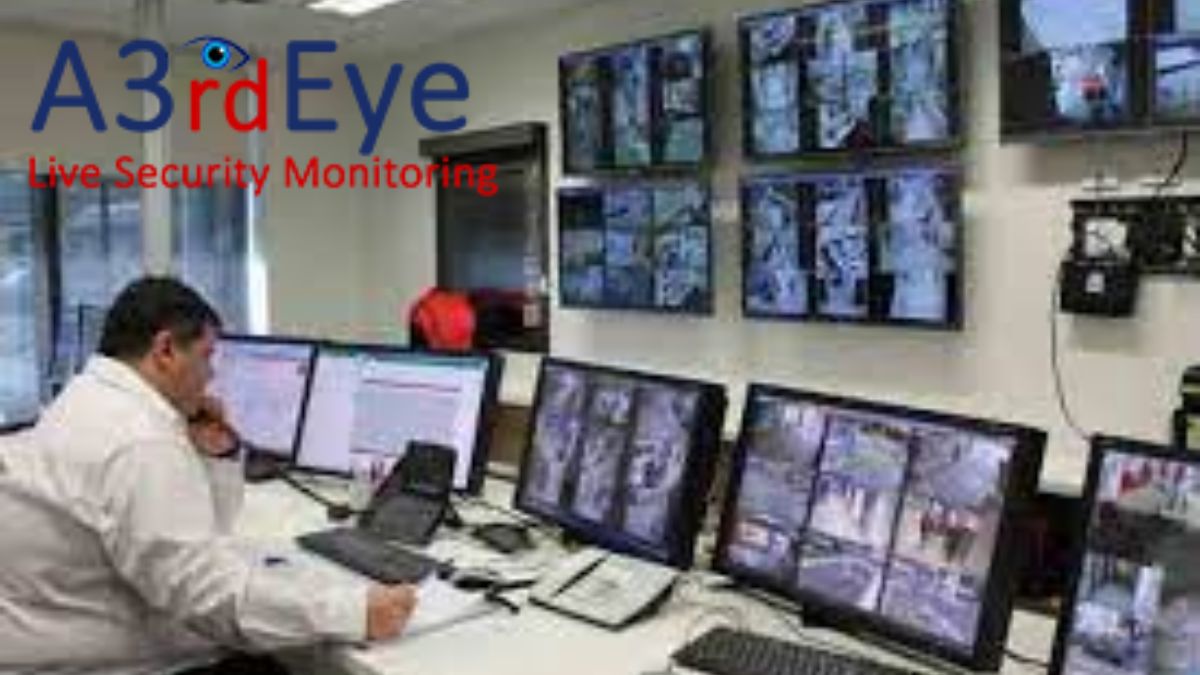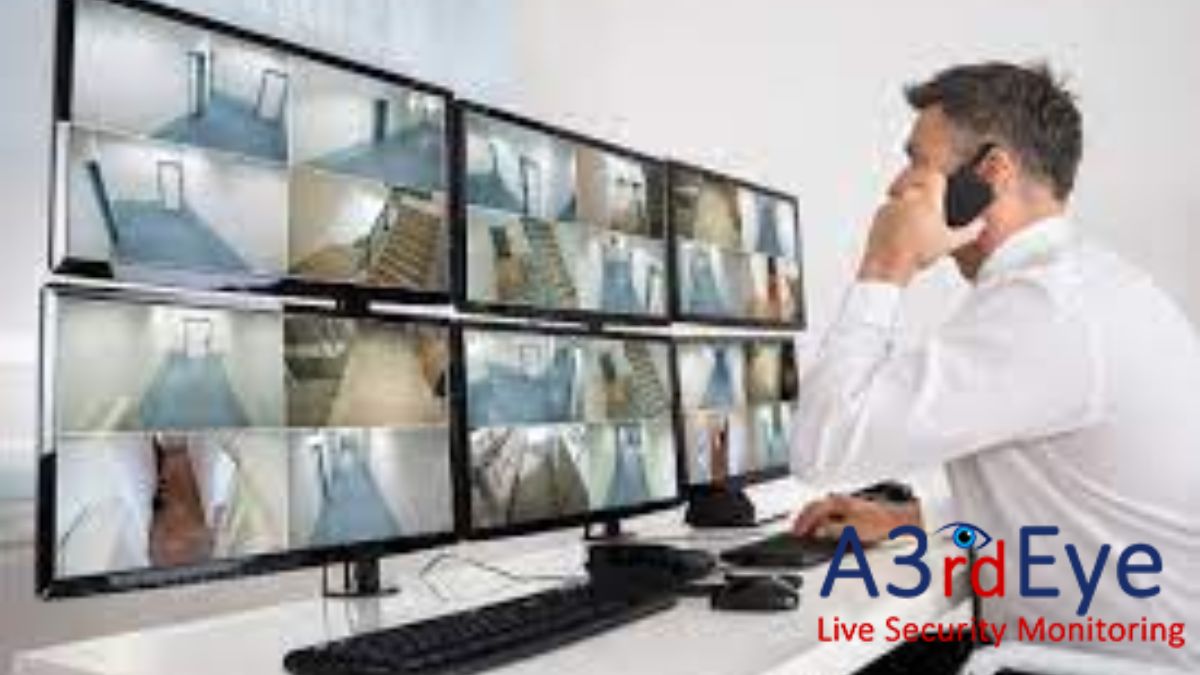
CCTV Operator: Safeguarding Through Vigilance
CCTV Operator Safeguarding Through Vigilance Operators of closed-circuit television systems (CCTV) play an increasingly important role in protecting a wide range of public and private buildings. Closed-circuit television systems are commonplace in modern culture and require the constant attention of trained personnel. This article will go into the world of CCTV operators, discussing their roles, the skills they need to do their jobs, the training they receive, the career paths available, the difficulties they face, and the outlook for the industry.
An Overview of the CCTV Operator
Operators of closed-circuit television (CCTV) systems have specialized training to manage the functioning of such systems. Cameras in these systems record and send live footage to an outside control room. CCTV operators watch over the properties they are responsible for monitoring to ensure everyone inside is safe and sound.
The Duties of a CCTV Operator in Watching Over Camera Recordings
Keeping an eye on the footage from strategically placed cameras is a big part of a CCTV operator’s job. They need to watch for anything unusual that could indicate a security compromise.
Sending in a Report of Suspicious Behavior
CCTV operators must report any suspicious activity immediately and accurately. Their job is to notify the right people so that they can act quickly to stop any potential dangers.
Troubleshooting Technical Problems
Technical issues or malfunctions are a possibility in CCTV systems. To ensure continuous monitoring, operators must quickly identify and resolve such problems.
Technical knowledge is the third skill necessary for CCTV operators.
A CCTV operator must have expert knowledge of how to use and troubleshoot CCTV systems. They must be well-versed in the hardware, software, and network settings.
Focus on Specifics
A meticulous eye is essential in the immense ocean of surveillance footage. Operators of closed-circuit television systems need a keen eye for spotting anomalies in behavior that could otherwise go unreported.
The Art of Conversation
CCTV operators frequently work in tandem with other security staff and law enforcement. Thus it is crucial that they can communicate effectively. Faster, more coordinated action is possible with well-communicated plans.
Capacity for Problem Solving
Decision-making and problem-solving abilities honed under duress are priceless. Operators of closed-circuit television systems must be able to respond appropriately in emergencies.
Accreditation and Training
Training and certification are required to operate a CCTV system effectively.
CCTV Training Programmes
Camera installation, system management, and information security are just a few topics covered in depth by the many institutions that provide specialized courses in CCTV operations.
Getting Permitted
To legally work as a CCTV operator, some regions need operators to obtain licenses or qualifications.
Security Companies Offer Prosperous Work Environments
Operators of closed-circuit television systems are in high demand at security companies.
Shops for Sale
Stores employ CCTV operators to prevent shoplifting and protect customers’ safety.
Clusters of Transport
CCTV operators are essential to the protection and security of the public in high-traffic areas such as airports, train stations, and bus terminals.
Difficulties in a High-Stressed Environment for CCTV Operators
It’s not easy being a CCTV operator in a high-threat region, but they play a crucial role in avoiding security breaches.
Data Protection Fears
Operators must strike a balance between security requirements and people’s right to privacy when it comes to the deployment of CCTV.
Handling Critical Situations
When accidents or crimes occur, operators of CCTV systems must act quickly and effectively.
Developments in Closed-Circuit Television
Facial recognition and behavior analysis are two examples of how AI integration transforms CCTV surveillance.
Superior Image Quality Cameras
Because of technological improvements in cameras, investigators now have access to more high-quality, detailed video footage.
Distant Controlled Devices
The operators of today’s CCTV systems benefit from the remote monitoring capabilities, convenience, and adaptability that this affords them.
Evolving Roles for CCTV Operators shortly
The responsibilities of a CCTV operator may expand to include data analysis and proactive safety checks.
Wider Adoption in High-Tech Urban Areas
Security camera operators are likely to play a more significant role in the administration of public safety in smart cities.
Final Thoughts
CCTV Operator Safeguarding Through Vigilance Operators of closed-circuit television systems play a vital role in protecting the public by maintaining constant attention and surveillance. These specialists make a significant impact on ensuring the safety of the public and preventing dangers because of their technical expertise, meticulousness, and composure under pressure.
Do you need a degree to work as a CCTV operator?
To acquire the required abilities and knowledge, formal training and certification in CCTV operations are suggested.
Can you tell me about the job outlook for CCTV operators?
CCTV operators can find work in various industries, including the private security industry, retail, and transportation hubs.
When problems arise with a CCTV system, how do technicians deal with them?
To keep surveillance running smoothly, CCTV operators quickly address any technological issues that may arise.
What difficulties do CCTV operators confront on the job?
CCTV operators are subjected to tense situations, worries about personal privacy, and the obligation to handle crises.
Is there a bright future ahead for security camera companies?
Potential changes in the workforce and expanded involvement in intelligent city security infrastructure are in the future.

CCTV Operator Safeguarding Through Vigilance

